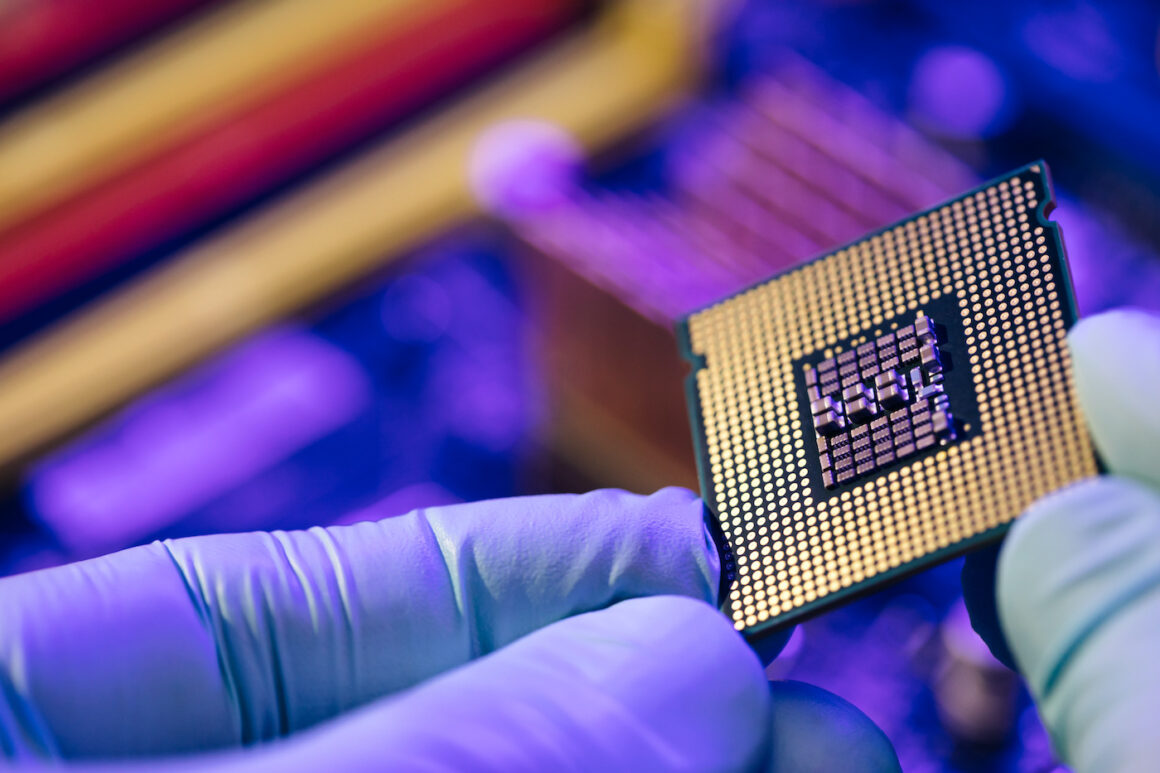George Freeman, the UK's science minister, has revealed that India and the UK have plans to formalize a framework agreement that will bolster their collaborative efforts in advanced sciences. This agreement will serve as a catalyst for cooperation across various critical technological domains, including artificial intelligence, high-performance computing, and semiconductors.
According to George Freeman, British investments in the Indian semiconductor industry may begin to materialize within the next two years. This comes shortly after SRAM & MRAM Technologies, a British company, announced a substantial investment of ₹30,000 crore in India's semiconductor ecosystem.
After Brexit, the UK aims to transition from being predominantly a service-based economy to a science, research, and innovation-focused economy. As part of this shift, the UK has allocated a significant increase of 30% in its research and development (R&D) budgets, with a total budget of £52 billion over the next three years.
George Freeman stated that the UK and India have mutually recognized the need for close collaboration due to shared interests in advancing the global science and technology economy. Achieving this goal will require robust joint efforts in certain areas and a respectful understanding of each other's differences in others. Freeman believes that these challenges can be effectively resolved through collaboration and cooperation.






.jpg)